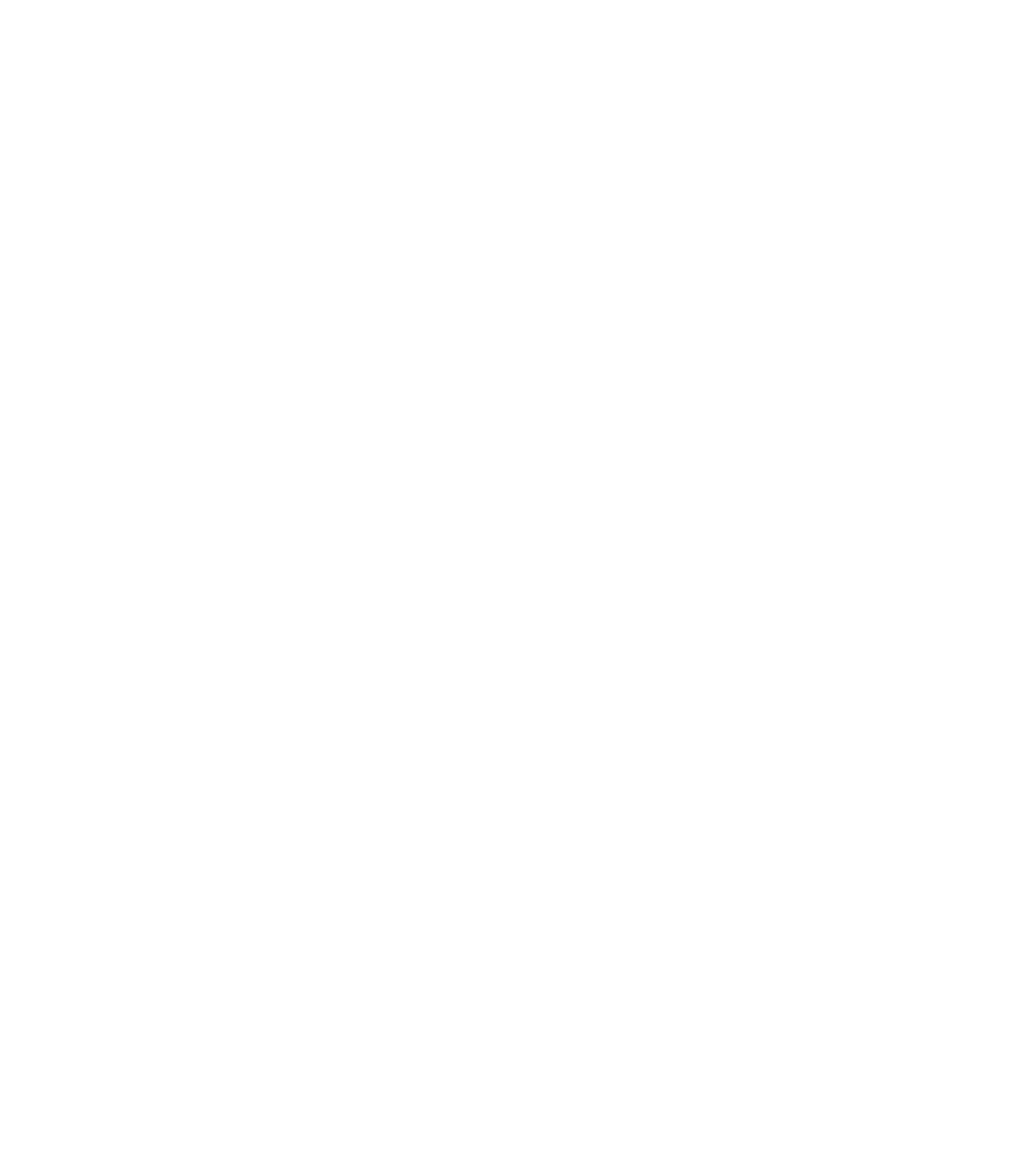Functioning depressed can be a silent struggle for many individuals, with their mental health concerns often going unnoticed. This article will discuss the importance of recognizing the signs of functioning depression, how it can impact a person's life, and the need for seeking help and treatment.
Understanding Functioning Depression
What does it mean to be functionally depressed?
Functioning depression, or high-functioning depression, refers to a form of depression where the individual is still able to maintain their daily responsibilities and activities despite experiencing depressive symptoms. They may appear to be coping well, but beneath the surface, they are struggling with their mental health.
What is high functioning mental illness?
High functioning mental illness is a term used to describe individuals who experience mental health disorders, such as depression or anxiety, but are still able to maintain their daily activities and responsibilities. This can make it difficult for others to recognize their struggles and offer support.
Difference between high functioning depression and regular depression
The primary difference between high functioning depression and regular depression lies in the severity and impact of the symptoms. While individuals
with regular depression often struggle to maintain their daily activities and responsibilities, those with high functioning depression can continue to function effectively in their personal and professional lives.
Overview of the 4 major types of depression
- Persistent Depressive Disorder (PDD): Also known as dysthymia, PDD is characterized by chronic, low-grade depressive symptoms that last for at least two years.
- Major Depressive Disorder (MDD): MDD involves episodes of severe depression that can last for weeks or months, significantly impairing a person's ability to function.
- Dysthymia: Similar to PDD, dysthymia is a milder, chronic form of depression that lasts for an extended period.
- Smiling Depression: A term used to describe individuals who appear happy and well-adjusted on the outside, but are struggling with depression internally.
Recognizing the Signs of Functioning Depressed
Signs You May Be Dealing Functioning Depressed
- Emotional symptoms: Persistent feelings of sadness or emptiness, irritability, and frustration
- Behavioral symptoms: Withdrawal from social interactions, changes in appetite and weight, and sleep disturbances
- Cognitive symptoms: Difficulty concentrating, negative thought patterns, and memory problems
- Physical symptoms: Fatigue, headaches, and digestive issues
Key Signs of Functioning Depressed & How to Cope with Symptoms
| Sign |
Coping Strategy |
| Persistent sadness |
Engage in activities that bring joy and relaxation |
| Irritability |
Practice mindfulness and stress-reduction techniques |
| Fatigue |
Prioritize self-care and establish a regular sleep routine |
| Difficulty concentrating |
Break tasks into smaller steps and take breaks |
| Social withdrawal |
Connect with supportive friends and family |
What It Feels Like to Have Function Depressed
Individuals with high-functioning depression may experience a constant feeling of being overwhelmed and exhausted, even when they appear to be coping well. They may struggle with feelings of guilt, as they believe they should be able to handle their emotions without help. The struggle to maintain appearances can also lead to increased stress and isolation.
Potential Causes and Risks of Functioning Depression
Potential Causes of Functioning Depressed
- Genetic factors: Family history of depression or other mental health disorders
- Biological factors: Imbalances in brain chemistry or hormonal changes
- Environmental factors: Exposure to chronic stress, trauma, or significant life changes
- Psychological factors: Personality traits, coping skills, and thought patterns
The Risks of Functioning Depressed
If left untreated, functioning depression can lead to a range of negative consequences, including:
- Decreased quality of life
- Strained relationships
- Increased risk of developing other mental health disorders, such as anxiety or substance abuse
- Physical health issues resulting from chronic stress
Who Does High-functioning Depression Affect?
High-functioning depression can affect anyone, regardless of age, gender, or background. However, some individuals may be more susceptible due to genetic predisposition, environmental factors, or personal experiences.
Managing and Treating Functioning Depression
How to Manage High-Functioning Depression
Managing high-functioning depression involves implementing self-care strategies, seeking social support, and considering professional help. Some effective strategies include:
- Engaging in regular exercise
- Maintaining a healthy diet
- Prioritizing sleep
- Practicing relaxation techniques, such as meditation or deep breathing exercises
7 Tips For Managing When Functioning Depressed
- Set realistic goals and break tasks into smaller steps
- Establish a daily routine and maintain a consistent sleep schedule
- Engage in activities that bring joy and relaxation
- Connect with supportive friends and family
- Seek professional help if needed
- Practice mindfulness and stress-reduction techniques
- Prioritize self-care and self-compassion
Treatments For High-Functioning Depression
- Psychotherapy: Cognitive-behavioral therapy, interpersonal therapy, and other forms of talk therapy can help individuals identify negative thought patterns and develop healthier coping strategies.
- Medication: Antidepressants can help regulate brain chemistry and alleviate depressive symptoms.
- Alternative treatments: Exercise, meditation, and other complementary therapies can support overall mental and physical well-being.
When & How to Seek Professional Help For High-functioning Depression
It's important to seek professional help if depressive symptoms persist or interfere with daily life. Reach out to a mental health professional, such as a psychologist, psychiatrist, or counselor, to discuss concerns and explore appropriate treatment options.
Supporting Loved Ones with Functioning Depression
How to Get Help For a Loved One With High-functioning Depression
- Educate yourself about depression and its symptoms
- Approach your loved one with empathy and understanding
- Offer support without judgment or pressure
- Encourage them to seek professional help if needed
- Be patient and maintain open lines of communication
Contact us today to let us start supporting your family
If you or a loved one is struggling with functioning depression, don't hesitate to reach out for help. Mental health professionals can offer guidance, support, and treatment to help individuals regain control of their mental well-being. Contact our
therapists in Lehi, Utah today.
Additional Resources for Understanding Depression
For a deeper understanding of depression, its various types, and effective treatments, visit the
National Institute of Mental Health - Depression webpage. This comprehensive resource offers valuable information on symptoms, causes, and available treatments for depression, backed by scientific research and expert knowledge in the field of mental health. By exploring this reliable source, you can gain further insight into functioning depressed and other forms of depression to better support yourself or loved ones in need.

